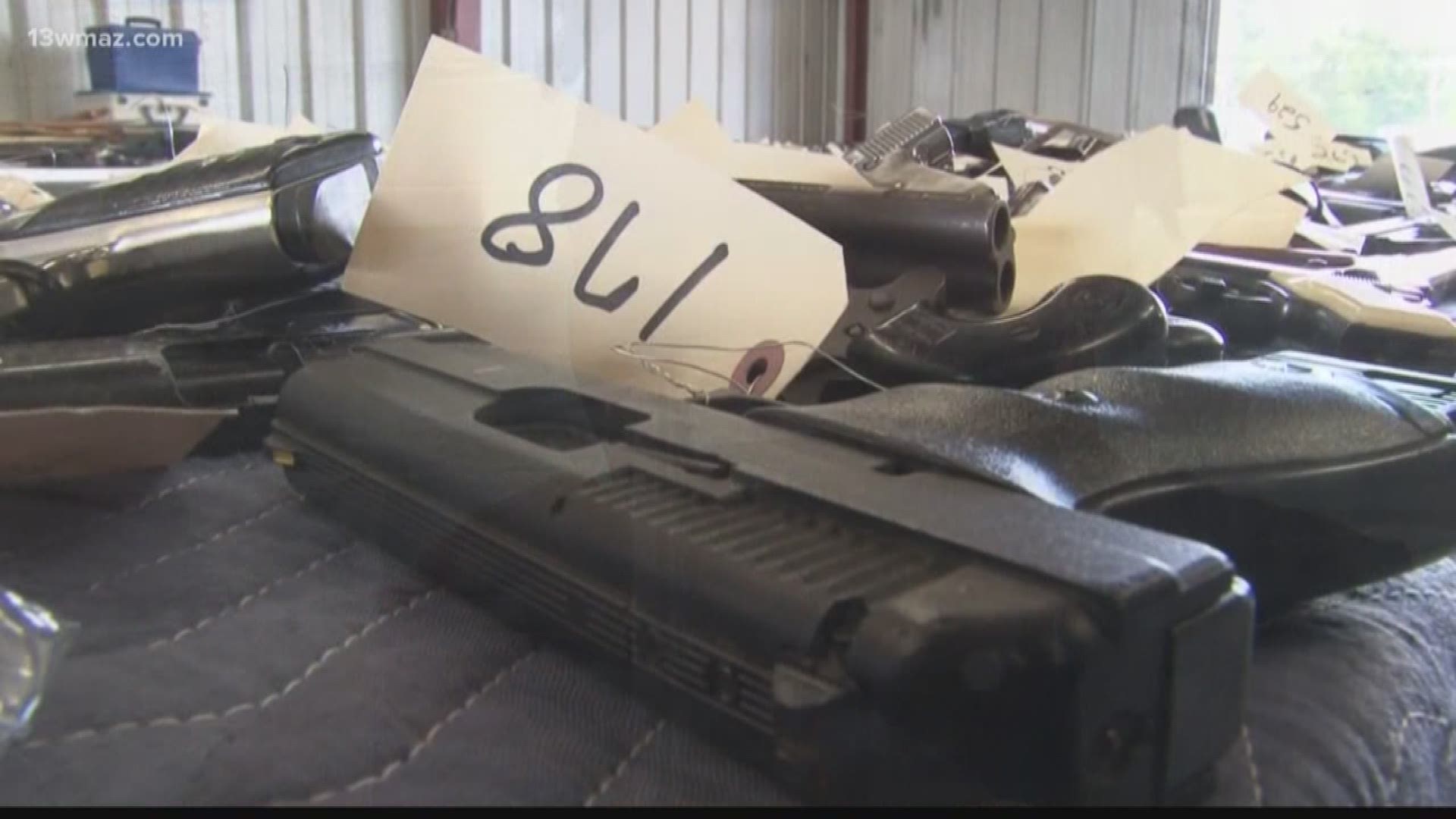Adrian Alexander and Quartez Lester both moved back to Macon after graduating college and were surprised at the levels of violence in the neighborhoods where they grew up.
"Kids will wake up and grab their guns before they brush their teeth," said Lester. He now works with The Mentors Project and travels around the school district speaking with middle school students.
"I know 13-year-olds with guns, and not just little guns. Big guns," he says. "I've seen as young as a 7th grader smoking weed."
Alexander now works as an elementary teacher in Bibb County and says he hates the idea that his students could one day do those same things. He says playing high school football helped him stay focused on his goals and he now tries to encourage his students to follow their passions.
"I think if I wouldn't have played football, I probably would have been in jail or dead right now," he said.
Both Alexander and Lester admit they didn't always make the best decisions as teenagers, but that's why they've centered their careers around helping kids have a better future.
"I wasn't an honor roll student," said Alexander. "I just applied myself. I didn't want to fail myself and the people around me."
Though they feel like they can relate to many teenagers in Macon, both of them admit that teens now face far more negative influences. They say some teens carry weapons just because they're scared not to.
"We didn't have guns back then," said Alexander. "Now you don't know who is out for you and who is going to take you out."
They say current rap music, drugs, social media, and lack of discipline at home can all push students in the wrong direction.
After six teenagers lost their lives to violence in the first nine months of 2018, they say something needs to change.
"Kids have no guidance now teaching them wrong from right," said Lester.
They both say teens need more positive male figures in their lives. They also agree that teens need more activities to keep them busy after school and on the weekends, as well as easy access to those activities.
"I remember the church van used to come in my neighborhood," said Lester. "You would want to get on the church van, and if you didn't, you still would get on. Kids probably don't even know what a church van is. I haven't seen one come through in a minute."
Alexander and Lester say they've heard many plans and suggestions for keeping teenagers out of trouble, but they believe the first step is reaching out to kids and listening to what they have to say.
"Ask them about their dreams and what they want to be," says Alexander. "You can learn a lot from listening to a kid."

